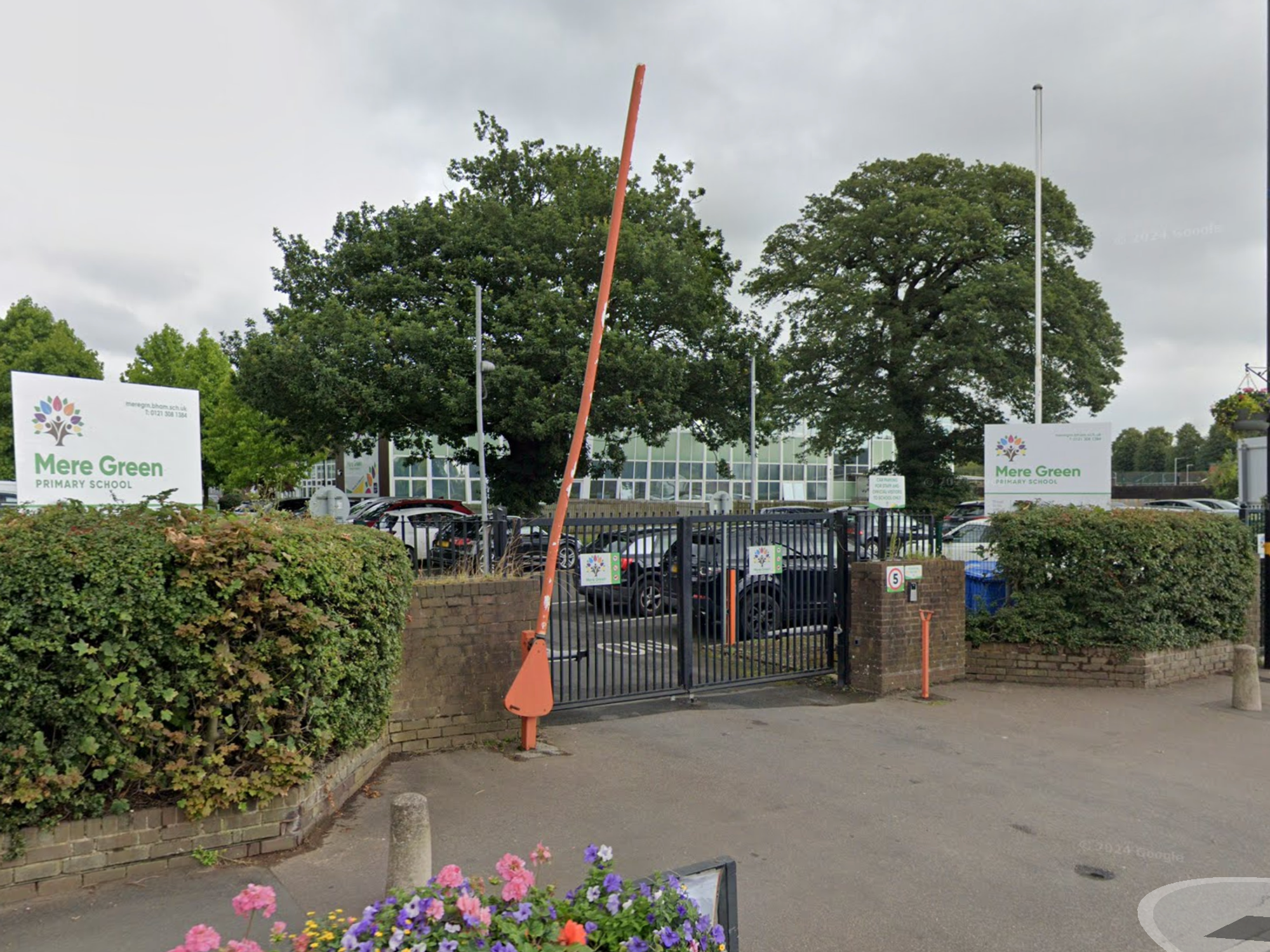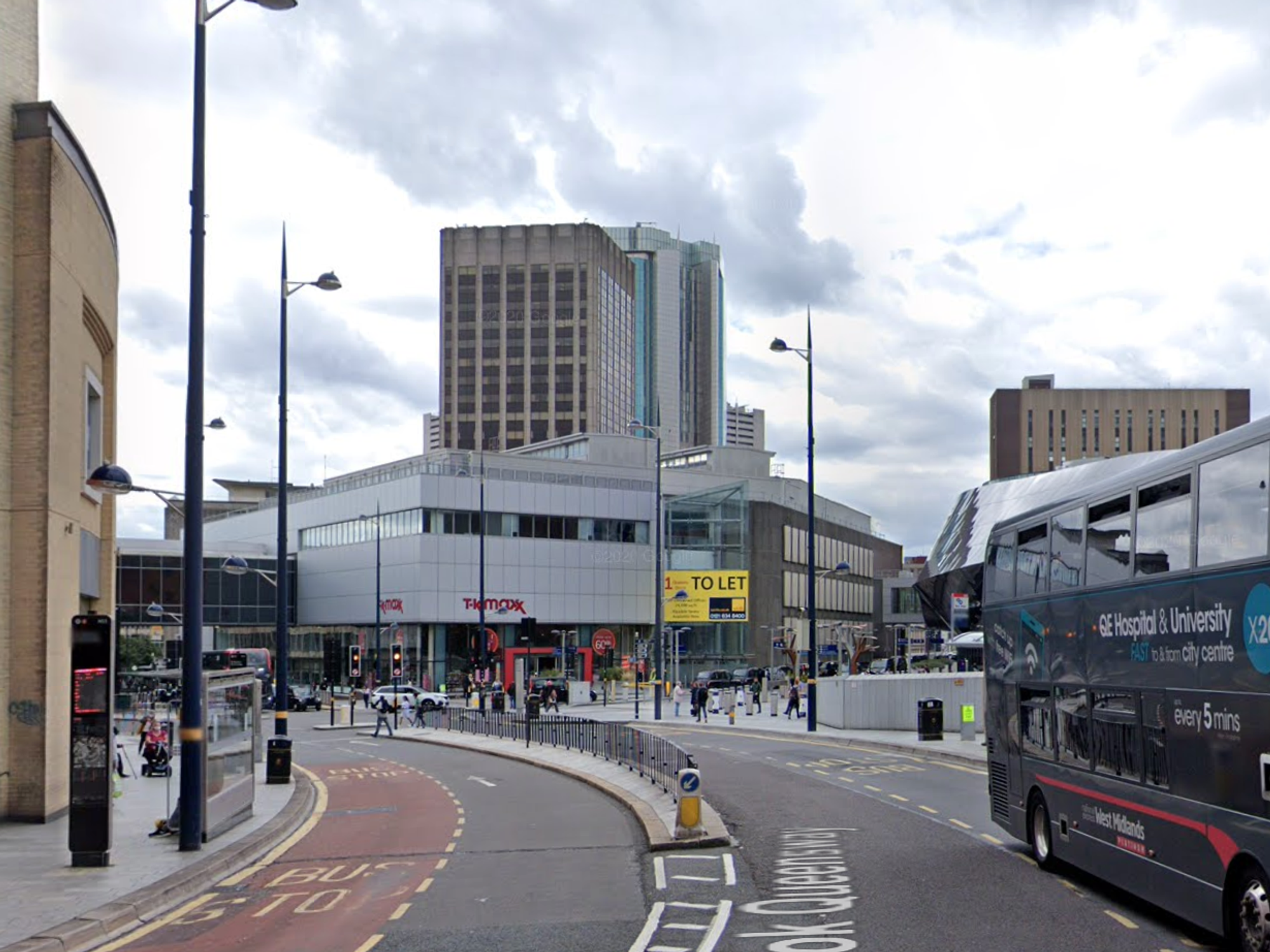Wood-burning stoves at risk of being BANNED as major health warning issued

According to a think tank, as many as 36,000 people die prematurely each year as a result of dirty air
Don't Miss
Most Read
Wood-burning stoves are at risk of being banned as a new report suggests the appliances should come with health warning labels.
The study, produced by centre-right think tank Bright Blue, warned councils should be empowered to ban the use of log burners on polluted days.
According to Bright Blue, as many as 36,000 people die prematurely each year as a result of dirty air and toxic pollution produced by the stoves.
The think tank suggests Rishi Sunak should mandate labels on new stoves to highlight the “negative medical consequences of the outdoor air pollution” they produce.
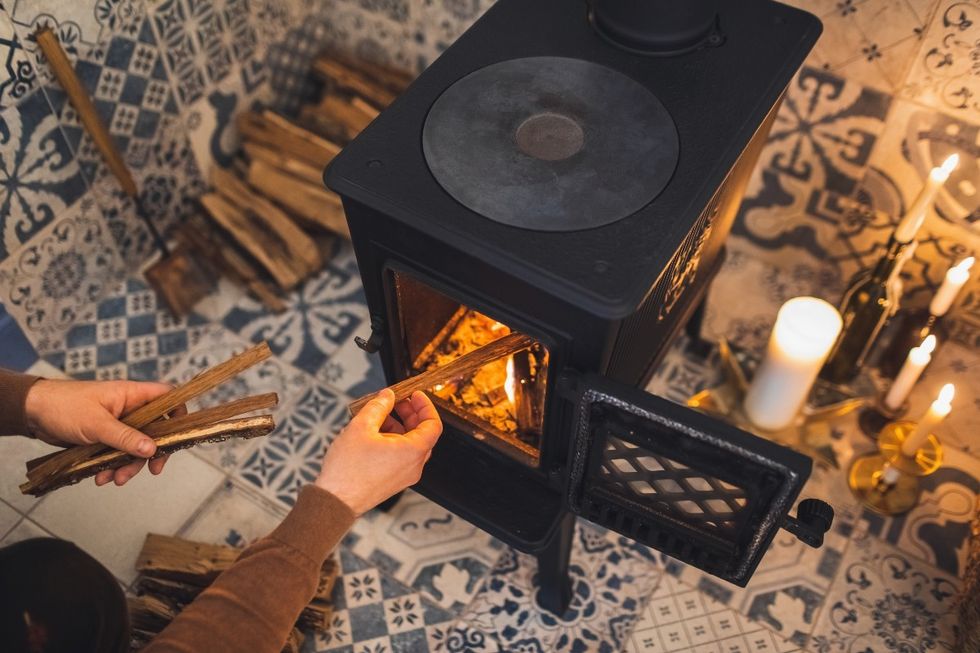
Wood-burning stoves at risk of being banned as major health warning issued
|Getty Images
Wood-burning stoves are predominantly bought and held by more affluent households with data suggesting about half of all wood stove owners are from the highest two social grades.
However, Bright Blue warns that the pollution released by the log burners affects everyone regardless of income or ownership.
“Because many of those who burn at home tend to be better off, it should be possible to reduce this source of pollution without harming those in a more precarious financial situation,” the authors of the report wrote.
It goes on to say that Sunak should amend the Clean Air Act to give local authorities more power.
LATEST DEVELOPMENTS: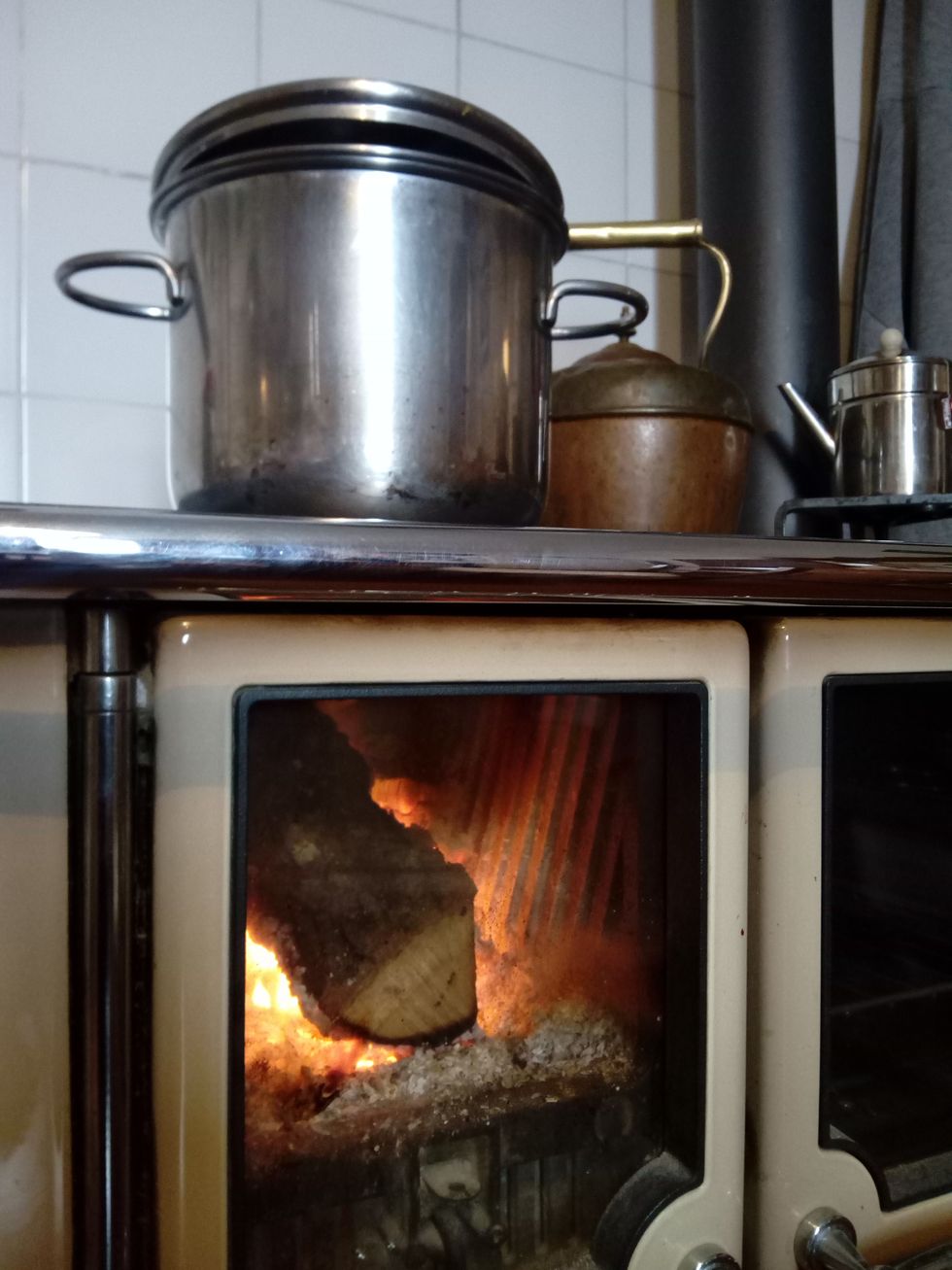
Wood-burning stoves could be banned by councils on certain days
|Getty Images
They propose allowing councils to ban the use of the burners on days forecast to be very polluted.
Earlier this year, ministers asked councils to get tougher on households by introducing £300 fines for those flouting the rules.
Health experts have warned that tiny particles known as PM2.5 are one of the most harmful pollutants and come from wood burning.
Bright Blue has suggested that people coils be alerted on which days they could be fined via announcements on TV, radio, social media and Government alerts.
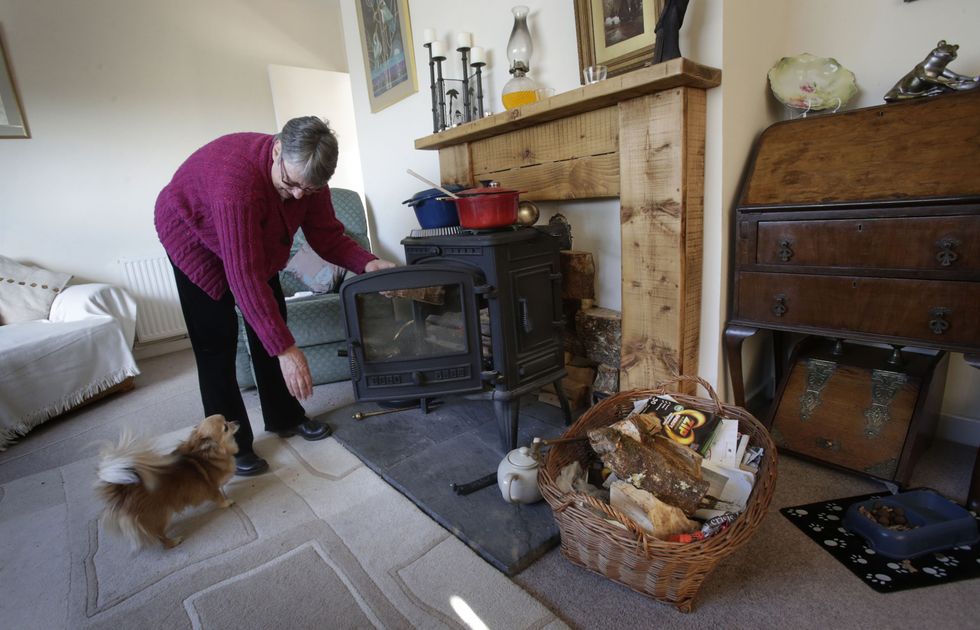
Woman cooks on wood-burning stove
|PA
“There have been significant improvements in air quality at a national level since 2010, with emissions of fine particulate matter and nitrogen oxides down by 10 per cent and 45 per cent respectively,” a Defra spokesman told the Times.
“Our Environment Act made it easier for local authorities to act on pollution from domestic burning in smoke control areas and it is their legal duty to do that by issuing fines as they deem necessary.
“We work closely with them to improve awareness and understanding of those rules.”
Clean Air Programme Manager Caitie Gillett, said: “This report highlights the progress made over the last 20 years to improve air quality.
“But, it also reminds us that there is still a significant amount to be done to reduce our exposure to air pollution and offers some tangible policies to bring it down to safer levels. In particular, it is welcome to see measures to reduce pollution from burning in the home – such as fireplaces and stoves.
“Air pollution from indoor burning is a significant portion of harmful air pollution, yet is often neglected by policymakers.
“In particular, improving stove standards and adding labels to all new and refurbished stoves are pragmatic policies which could help clean up the air.”









